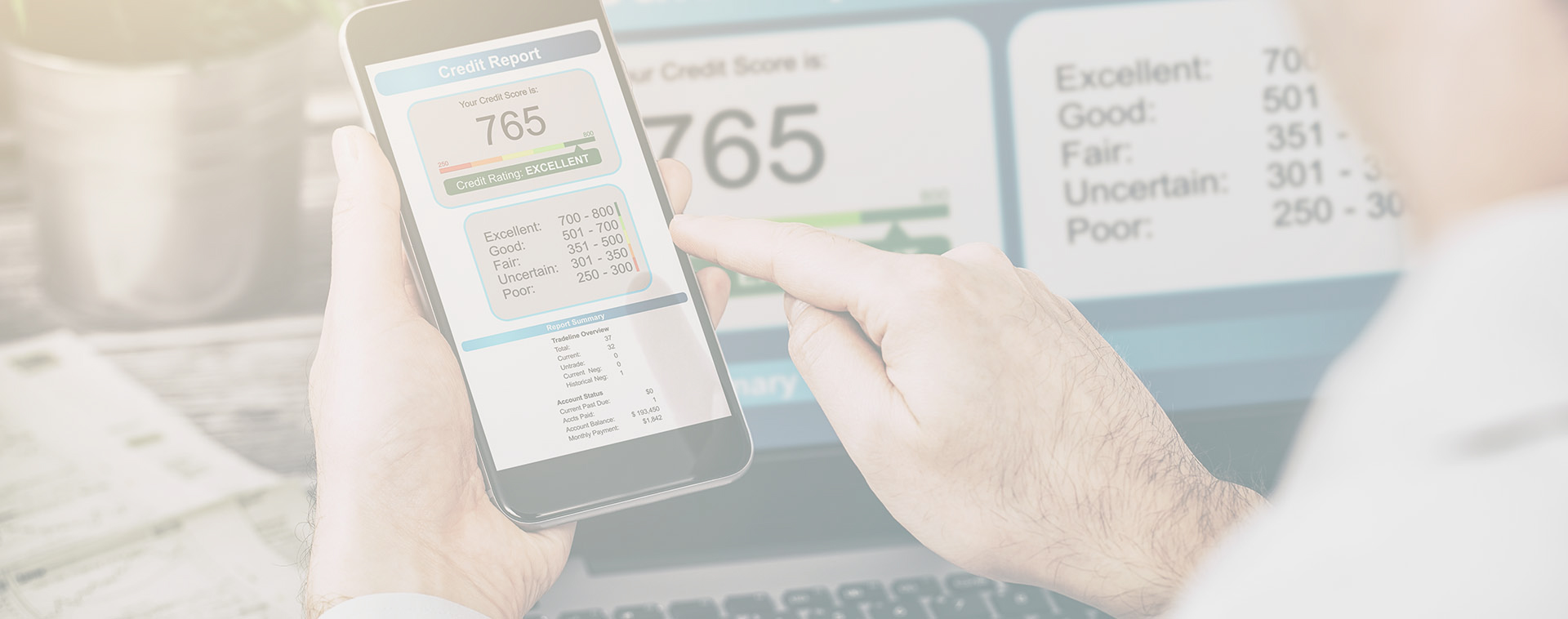Understanding credit scores in the UK
A credit score is a number between 0-999. The number is calculated by looking at the amount of debt someone has, how long they have held credit, and whether they have consistently repaid on time or not.
High credit scores are essential, lenders see higher scores as an indication of low-risk consumers. In other words, you’re likely to repay the money you borrow. That encourages lenders to give you more and allow you the most attractive interest rates.
Simply borrowing money and repaying it will help your credit score. However, lenders also look at your income and how much debt you have compared to your income. This is known as your debt-to-income ratio. The closer you get to 50% or over, the more your credit score will drop, even if you always repay your debts. Lenders will be extremely wary.
Importance of credit scores for mortgage applications
As mentioned, a good credit score means you’re dependable and low-risk, you’ll be offered the most attractive interest rates along with their most favourable terms.
While every mortgage lender has its own criteria which need to be met, the general rule is you need a score of at least 620 if you want to be approved. Over 700 will get you access to the better deals.
For example, if someone earns £50,000 a year and has a credit score of 400, they’re likely to be offered an interest rate around 5.5-6%. The same person, with a credit score of 700, will get a mortgage with around a 4% interest rate.
On a £200,000 mortgage, the payment per month at 6% would be £1,289, over 25 years you’d pay $186,581 in interest. In contrast, with an interest rate of 4% you’d pay £1,056 a month and a total of £116,702 interest over 25 years.
That’s a substantial difference and a good reason to improve your credit score before you secure a mortgage.


